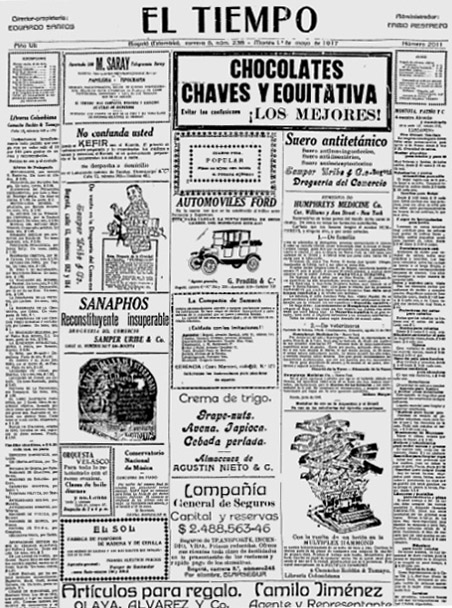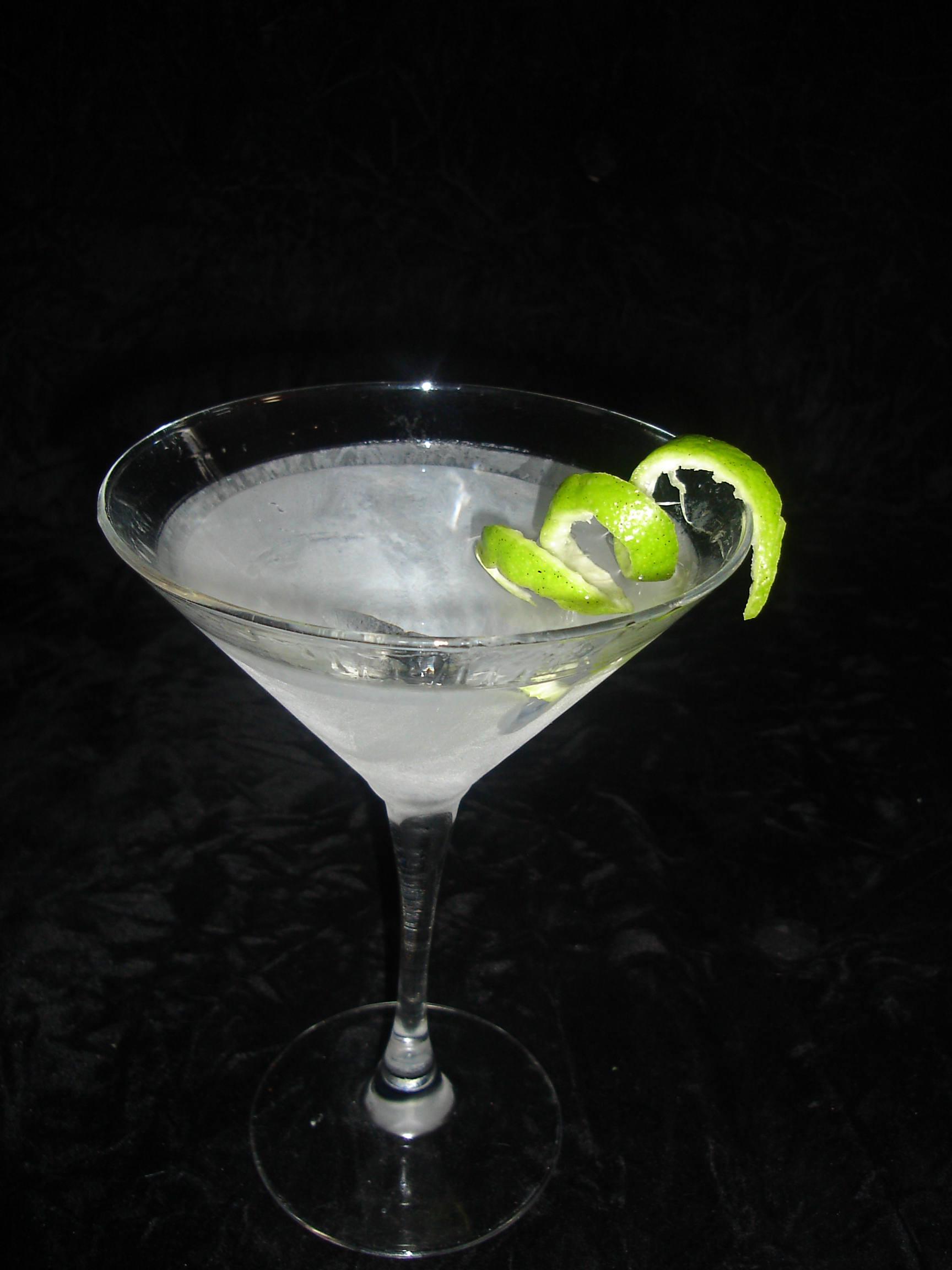|
Viche (drink)
Viche is a traditional home-brewed alcoholic drink made from sugar cane popular on Colombia’s Pacific Coast. It used to be illegal but in September 2021 Colombia's senate passed a law declaring the beverage a part of the country’s "cultural and ancestral heritage," allowing also commercial production. Viche has long been used in traditional communities as a ceremonial intoxicant and for medicinal purposes, notably to purge stomach bugs and parasites, and as an aphrodisiac. Viche contains approximately 35% of alcohol. It can be consumed neat Neat may refer to: * Neat (bartending), a single, unmixed liquor served in a rocks glass * Neat, an old term for horned oxen * Neat Records, a British record label * Neuroevolution of augmenting topologies (NEAT), a genetic algorithm (GA) for the ... but it is often mixed with sugary fruit juices. References Colombian culture Distilled drinks {{Distilled-drink-stub ... [...More Info...] [...Related Items...] OR: [Wikipedia] [Google] [Baidu] |
Sugarcane
Sugarcane or sugar cane is a species of (often hybrid) tall, Perennial plant, perennial grass (in the genus ''Saccharum'', tribe Andropogoneae) that is used for sugar Sugar industry, production. The plants are 2–6 m (6–20 ft) tall with stout, jointed, fibrous stalks that are rich in sucrose, which accumulates in the Plant stem, stalk internodes. Sugarcanes belong to the grass family, Poaceae, an economically important flowering plant family that includes maize, wheat, rice, and sorghum, and many forage crops. It is native to the warm temperate and tropical regions of India, Southeast Asia, and New Guinea. The plant is also grown for biofuel production, especially in Brazil, as the canes can be used directly to produce ethyl alcohol (ethanol). Grown in tropical and subtropical regions, sugarcane is the world's largest crop by production quantity, totaling 1.9 billion tonnes in 2020, with Brazil accounting for 40% of the world total. Sugarcane accounts for 79% of sug ... [...More Info...] [...Related Items...] OR: [Wikipedia] [Google] [Baidu] |
Colombia
Colombia (, ; ), officially the Republic of Colombia, is a country in South America with insular regions in North America—near Nicaragua's Caribbean coast—as well as in the Pacific Ocean. The Colombian mainland is bordered by the Caribbean Sea to the north, Venezuela to the east and northeast, Brazil to the southeast, Ecuador and Peru to the south and southwest, the Pacific Ocean to the west, and Panama to the northwest. Colombia is divided into 32 departments and the Capital District of Bogotá, the country's largest city. It covers an area of 1,141,748 square kilometers (440,831 sq mi), and has a population of 52 million. Colombia's cultural heritage—including language, religion, cuisine, and art—reflects its history as a Spanish colony, fusing cultural elements brought by immigration from Europe and the Middle East, with those brought by enslaved Africans, as well as with those of the various Amerindian civilizations that predate colonization. Spanish is th ... [...More Info...] [...Related Items...] OR: [Wikipedia] [Google] [Baidu] |
The Unconventional Route
''The'' () is a grammatical article in English, denoting persons or things already mentioned, under discussion, implied or otherwise presumed familiar to listeners, readers, or speakers. It is the definite article in English. ''The'' is the most frequently used word in the English language; studies and analyses of texts have found it to account for seven percent of all printed English-language words. It is derived from gendered articles in Old English which combined in Middle English and now has a single form used with pronouns of any gender. The word can be used with both singular and plural nouns, and with a noun that starts with any letter. This is different from many other languages, which have different forms of the definite article for different genders or numbers. Pronunciation In most dialects, "the" is pronounced as (with the voiced dental fricative followed by a schwa) when followed by a consonant sound, and as (homophone of pronoun ''thee'') when followed by a v ... [...More Info...] [...Related Items...] OR: [Wikipedia] [Google] [Baidu] |
Senate Of Colombia
The Senate of the Republic of Colombia ( es, Senado de la República de Colombia) is the upper house of the Congress of Colombia, with the lower house being the House of Representatives. The Senate has 108 members elected for concurrent (non-rotating) four-year terms. Electoral system According to the Colombian Constitution, 100 senators (''senadores'') are elected from a single national constituency. The remaining two are elected in a special national constituency for Indigenous communities. Colombian citizens living outside the country are eligible to vote, although, unlike in the lower house, they have no special representatives in the Senate. For elections to the Senate in the national constituency, political parties or other movements and groups run single lists, with a number of candidates not exceeding the total number of seats to be filled. The current electoral system, adopted in 2003 and modified in 2009 and 2015, requires party lists to pass a 3% threshold in ord ... [...More Info...] [...Related Items...] OR: [Wikipedia] [Google] [Baidu] |
Travel Noire
Travel is the movement of people between distant geographical locations. Travel can be done by foot, bicycle, automobile, train, boat, bus, airplane, ship or other means, with or without luggage, and can be one way or round trip. Travel can also include relatively short stays between successive movements, as in the case of tourism. Etymology The origin of the word "travel" is most likely lost to history. The term "travel" may originate from the Old French word ''travail'', which means 'work'. According to the Merriam-Webster dictionary, the first known use of the word ''travel'' was in the 14th century. It also states that the word comes from Middle English , (which means to torment, labor, strive, journey) and earlier from Old French (which means to work strenuously, toil). In English, people still occasionally use the words , which means struggle. According to Simon Winchester in his book ''The Best Travelers' Tales (2004)'', the words ''travel'' and ''travail'' both ... [...More Info...] [...Related Items...] OR: [Wikipedia] [Google] [Baidu] |
El Tiempo (Colombia)
''El Tiempo'' ( en, "Time" or "The Times") is a nationally distributed broadsheet daily newspaper in Colombia launched on January 30th, 1911. , ''El Tiempo'' had the highest circulation in Colombia with an average daily weekday of 1,137,483 readers, rising to 1,921,571 readers for the Sunday edition. From 1913 to 2007, ''El Tiempos main shareholders were members of the Santos Calderón family. Several also participated in Colombian politics: Eduardo Santos Montejo was President of Colombia from 1938 to 1942. Francisco Santos Calderón served as Vice-President (2002–2010). And Juan Manuel Santos as Defense Minister (2006–2009) during Álvaro Uribe's administration; Juan Manuel was elected president of Colombia in 2010 and served in that position until 2018. In 2007, Spanish Grupo Planeta acquired 55% of the ''Casa Editorial El Tiempo'' media group, including the newspaper and its associated TV channel Citytv Bogotá. In 2012, businessman Luis Carlos Sarmiento Angulo bought th ... [...More Info...] [...Related Items...] OR: [Wikipedia] [Google] [Baidu] |
Neat (bartending)
Various unique terminology is used in bartending. Definitions and usage Straight, up, and straight up In bartending, the terms "straight up" and "up" ordinarily refer to an alcoholic drink that is shaken or stirred with ice and then strained and served in a stemmed glass without ice. "Straight" ordinarily refers to a single, unmixed liquor served without any water, ice, or other mixer. In this sense, "straight" can sometimes be used as a synonym for ''either'' "straight up" or "neat". Furthermore, "straight" is also a term of art for a particular type of whiskey produced in the United States. United States federal law defines the term "straight whiskey" as whiskey that has met particular requirements for its ingredients, production process, and aging. For example, the label of a bottle of top-shelf bourbon typically identifies the product as "Kentucky straight bourbon whiskey" (since about 95% of all bourbon is produced in Kentucky). While the meaning of "up" and "neat" ... [...More Info...] [...Related Items...] OR: [Wikipedia] [Google] [Baidu] |
The Guardian
''The Guardian'' is a British daily newspaper. It was founded in 1821 as ''The Manchester Guardian'', and changed its name in 1959. Along with its sister papers ''The Observer'' and ''The Guardian Weekly'', ''The Guardian'' is part of the Guardian Media Group, owned by the Scott Trust. The trust was created in 1936 to "secure the financial and editorial independence of ''The Guardian'' in perpetuity and to safeguard the journalistic freedom and liberal values of ''The Guardian'' free from commercial or political interference". The trust was converted into a limited company in 2008, with a constitution written so as to maintain for ''The Guardian'' the same protections as were built into the structure of the Scott Trust by its creators. Profits are reinvested in journalism rather than distributed to owners or shareholders. It is considered a newspaper of record in the UK. The editor-in-chief Katharine Viner succeeded Alan Rusbridger in 2015. Since 2018, the paper's main news ... [...More Info...] [...Related Items...] OR: [Wikipedia] [Google] [Baidu] |
Colombian Culture
Many aspects of Colombian culture can be traced back to the early culture of Spain of the 16th century and its collision with Colombia's native civilizations (see: Muisca people, Muisca, Tayrona). The Spanish brought Catholicism, the feudal encomienda system, and a Casta, caste system that favored European-born whites. After independence from Spain, the ''Criollo (people), criollos'' struggled to establish a pluralistic political system, between conservative and liberal ideals. The conservatives supported the involvement of the Catholic Church in the state, while liberals favored the separation of these. The conservatives managed to outsource public education to the Catholic Church, and for many years, the church controlled the country's education system. Both parties engaged in multiple civil wars resulting in a slow development of the country and the isolation of regions until the end of the 19th century. Ethno-racial groups maintained their ancestral heritage culture: whites ... [...More Info...] [...Related Items...] OR: [Wikipedia] [Google] [Baidu] |

.png)



